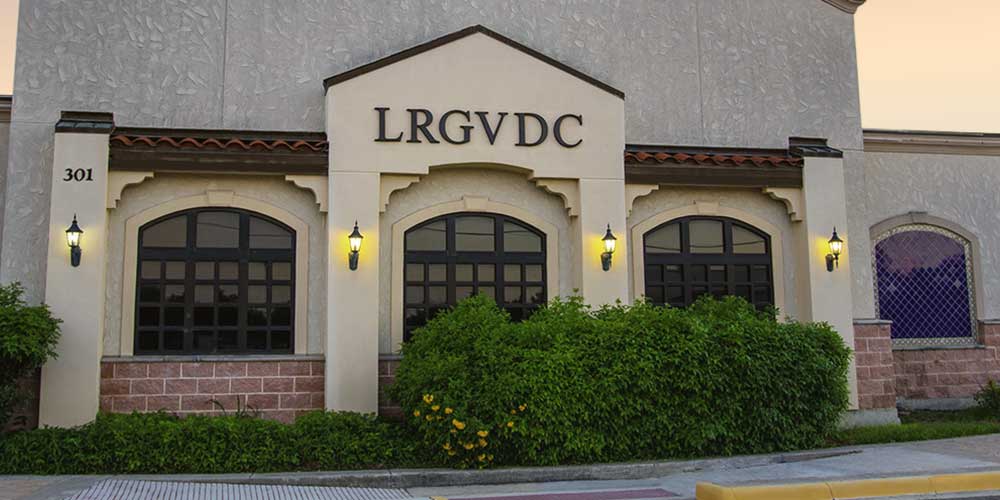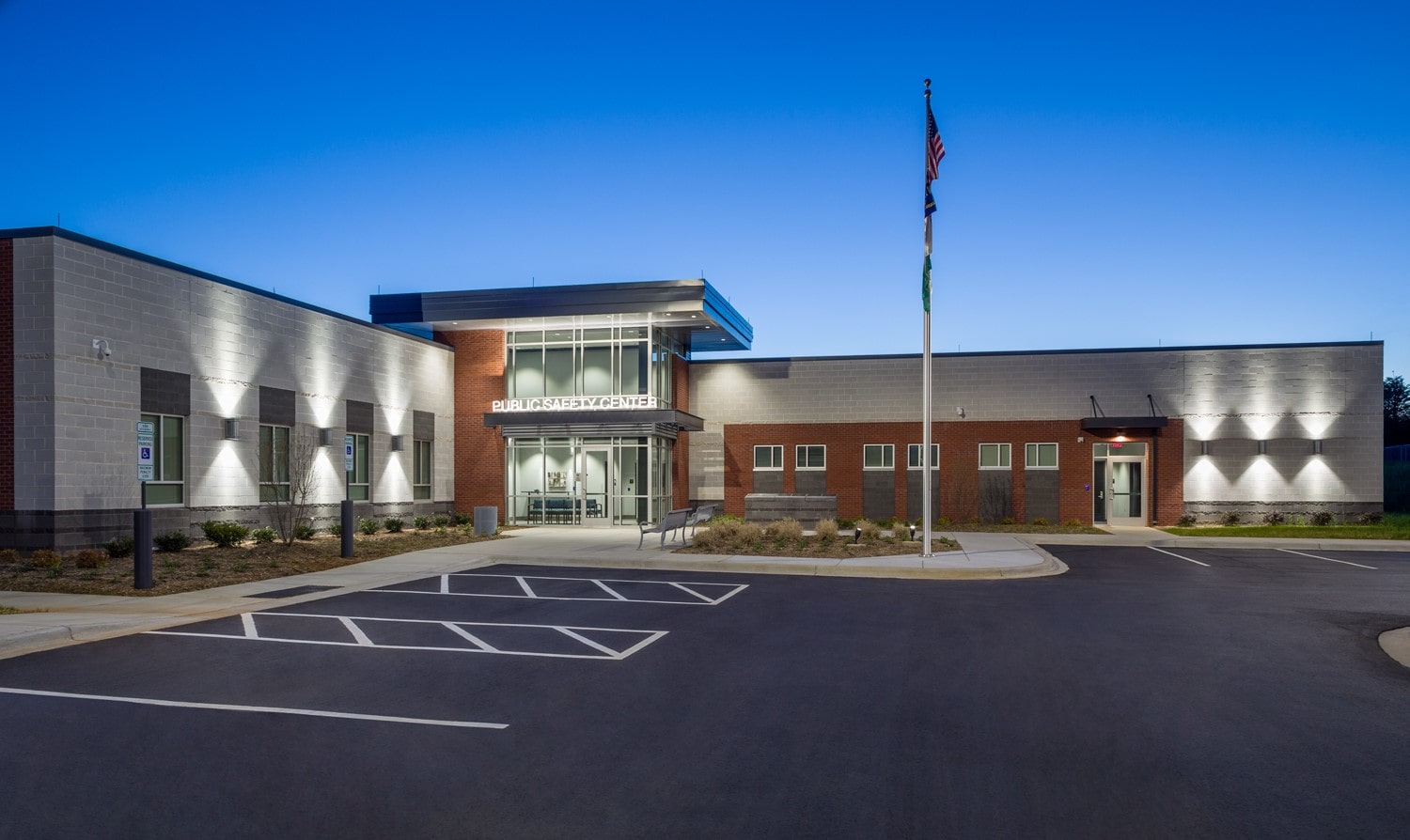MCP's Helps Manatee County, FL Replace Aging AV System
In Summary:
- Manatee County's audiovisual system that served the county’s public safety complex was experiencing significant issues concerning reliability, lack of flexibility and difficult-to-view screens.
- The county partnered with Mission Critical Partners to provide subject-matter expertise and to guide and support the procurement process.
- The new system is extremely flexible, even allowing users working remotely to access it, which has been an important benefit during the COVID-19 pandemic.
Background
Manatee County is located along Florida’s Gulf Coast. It is bordered by the cities of Tampa Bay and St. Petersburg to the north, Hardee and DeSoto counties to the east, the city of Sarasota to the south, and the Gulf of Mexico to the west.








